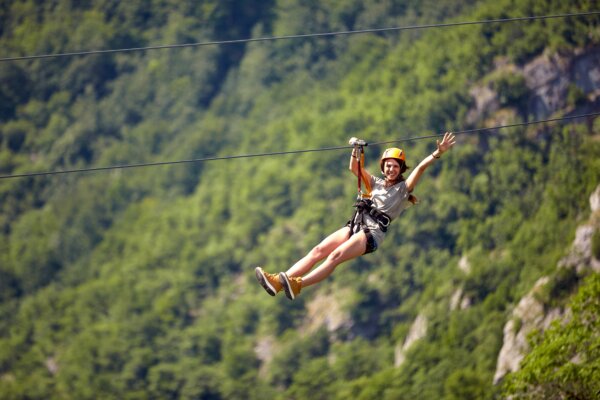
(© Feng Yu - stock.adobe.com)
CLEVELAND — In an innovative leap forward, researchers from the Cleveland Clinic have successfully tested a novel method known as Deep Brain Stimulation (DBS) to assist post-stroke rehabilitation patients. The groundbreaking first-in-human study, aptly named the EDEN trial, targeted a brain region called the dentate nucleus, which is responsible for fine control of voluntary movements, cognition, language, and sensory functions.
Imagine having a life-altering stroke, being impaired for years, and then regaining lost functions. That's the hope the EDEN trial has kindled. Researchers say the treatment is both safe and effective in stroke patients. In fact, a majority of the study participants — nine out of 12 — showed remarkable progress in their ability to move and function.
This comes as a beacon of hope for many, considering some of these participants had been grappling with disabilities for over three years post their stroke.
Dr. Andre Machado, chair of Cleveland Clinic’s Neurological Institute, expressed his optimism, noting that these findings are “reassuring for patients.”
“This gives us a potential opportunity for much-needed improvements in rehabilitation in the chronic phases of stroke recovery,” Dr. Machado adds in a media release.

Intriguingly, this is not just about passive recovery. The study involved a surgery where electrodes were implanted into the cerebellum. These electrodes were connected to a device similar to a pacemaker, sending electric pulses designed to help regain control of movements. The real magic began when, after an initial period of physical therapy with the device turned off, it was switched on for several months, leading to significant improvements in the patients.
“The results of the study found that deep brain stimulation, paired with physical therapy, improved movement in patients who were more than a year out from their stroke and whose motor improvements had largely plateaued,” says Dr. Kenneth Baker, from the Cleveland Clinic Lerner Research Institute.
Stroke remains a leading cause of long-term disabilities. In the United States, approximately 800,000 individuals suffer a stroke annually. A vast number of these survivors experience prolonged neurological issues that impede their quality of life. Dr. Machado, who also patented this innovative DBS method for stroke recovery, believes the treatment could yield a consistently high success rate for survivors.
“We saw patients in the study regain levels of function and independence they did not have before enrolling in the research.”
Though initial results are promising, he indicates the need for more extensive research.
“This was a smaller study and we look forward to expanding as we have begun the next phase,” Machado concludes.
The research is published in the journal Nature Medicine.










